Palm Desert, CA
(760) 413-0186
Hard Water Problems
The Hidden Impact of Hard Water on Your Water Heater
Hard water is a common issue in many households, and while it might not seem like a big deal, it can take a serious toll on your water heater over time. Hard water contains high levels of minerals like calcium and magnesium, which can accumulate inside your water heater tank. This buildup, known as sediment, creates a layer of insulation between the heating element and the water, making your system work harder to heat water effectively. As sediment accumulates, it can lead to higher energy bills, reduced efficiency, and even strange noises like popping or banging. Over time, the strain caused by hard water can shorten the lifespan of your water heater, leading to costly repairs or replacements sooner than expected. The good news is that there are ways to combat hard water. Regularly flushing your water heater can remove sediment buildup and keep your system running smoothly. Installing a water softener can also help by reducing the mineral content in your water. If you’re not sure whether hard water is affecting your system, a plumbing professional can inspect your water heater and recommend the best course of action.
See Why YOur Neighbors Love CV Water Heater Pros
STILL NOT SURE?
Your Questions, Answered Explore Our FAQs
Your Questions, Answered
How do I know if my water heater needs repair or replacement?
If your water heater is producing inconsistent temperatures, making unusual noises, or showing signs of leaks, it might need repair. In the desert, sand can accumulate in the burner assembly, affecting performance. Regular maintenance can help, but if issues persist or the unit is over 10 years old, consider a replacement for better efficiency and reliability.
What issues can a camera inspection identify in my plumbing system?
A camera inspection can identify blockages, leaks, and pipe damage within your plumbing system. It helps locate root intrusions, corrosion, and misalignments, providing a clear view of hidden issues without invasive digging. This allows for accurate diagnosis and targeted repairs, saving time and minimizing disruption.
How often should I schedule sewer jetting for my home?
For most homes, scheduling sewer jetting every 18 to 24 months is recommended to keep your pipes clear and prevent clogs. However, if you experience frequent blockages or have older plumbing, more frequent jetting might be beneficial. Regular maintenance helps ensure your system runs smoothly and reduces the risk of unexpected issues.
What is a smoke test, and how does it help detect plumbing issues?
A smoke test involves introducing non-toxic smoke into your plumbing system to identify leaks and faulty connections. The smoke escapes through any cracks or openings, making it easy to pinpoint problem areas. This method is efficient for detecting hidden leaks that might otherwise go unnoticed, helping to ensure your plumbing system is secure and functioning properly.
What are the signs that my home might need re-piping?
Signs that your home might need re-piping include frequent leaks, low water pressure, and discolored water. If your pipes are old, made of outdated materials like galvanized steel, or show visible corrosion, it may be time to consider re-piping. Addressing these issues can improve water quality and prevent more serious plumbing problems in the future.
What are the benefits of installing a whole home water filtration system?
Installing a whole home water filtration system provides cleaner, safer water throughout your entire house. It removes contaminants like chlorine, sediment, and heavy metals, improving the taste and odor of your water. This system also helps protect your plumbing and appliances from mineral buildup, extending their lifespan and enhancing overall water quality for drinking, cooking, and bathing.
